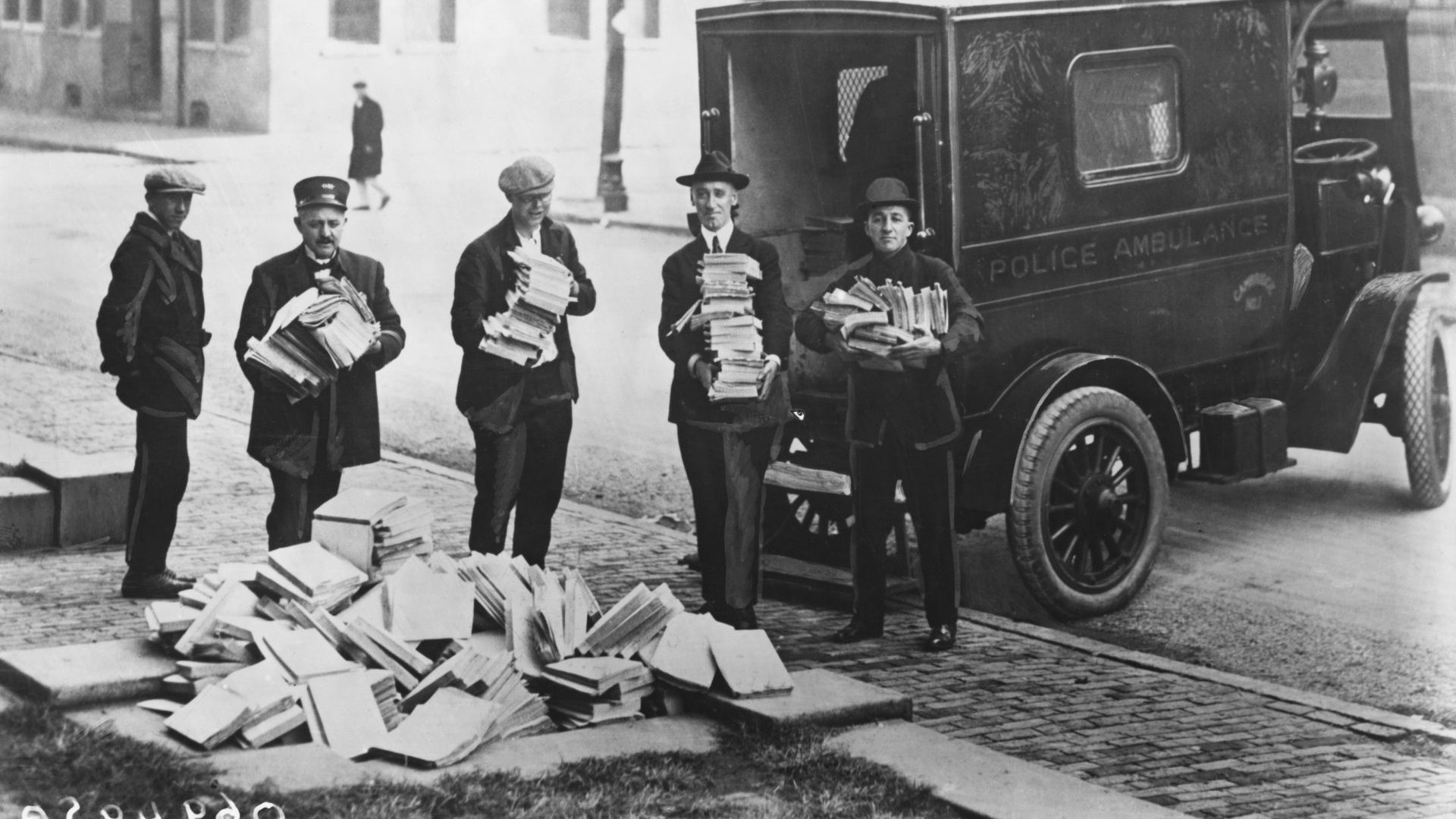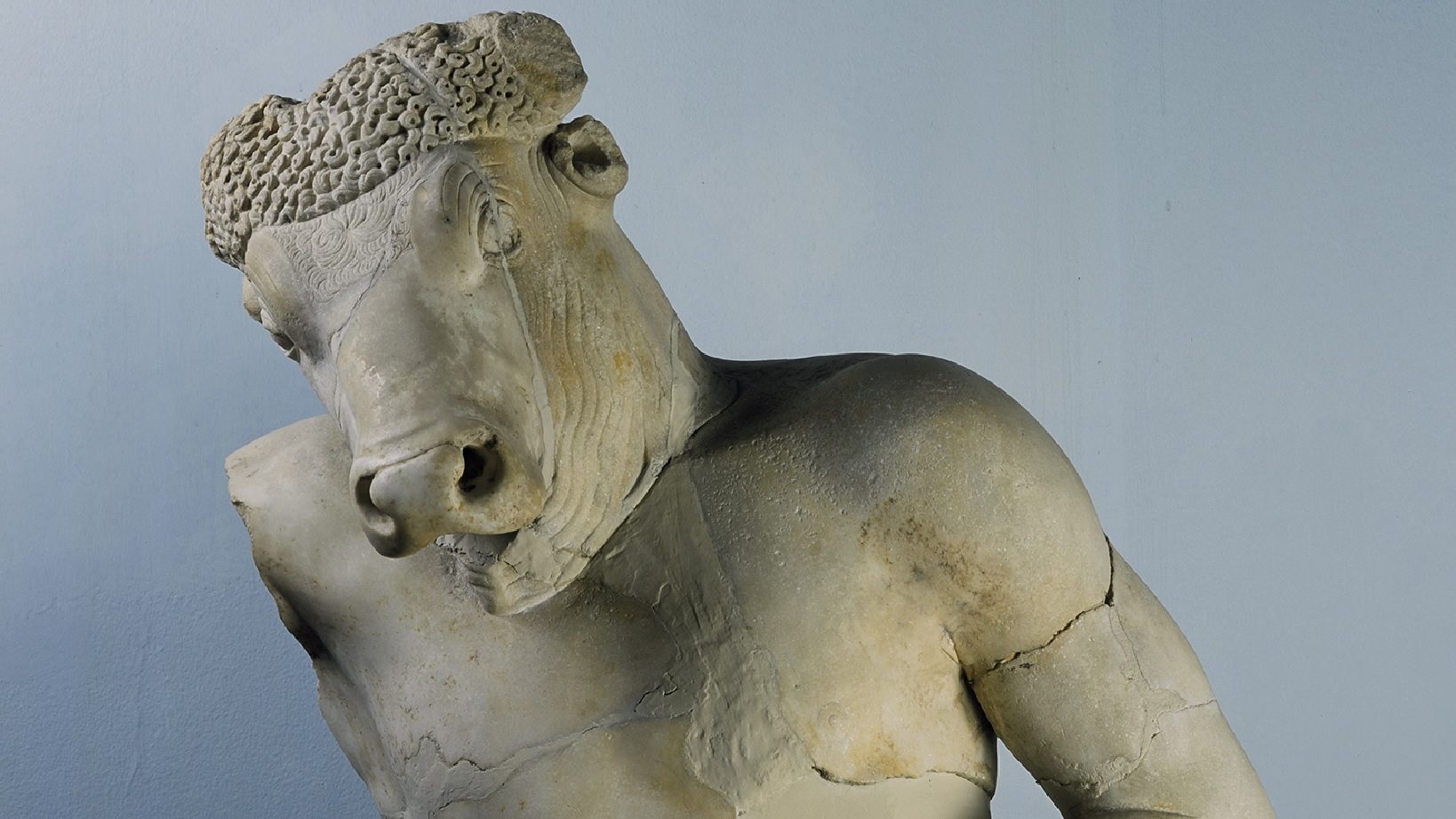Forty years ago this year, a children’s book was published and deemed so controversial the Conservative MP Geoffrey Dickens threatened to sue
the publishers without even having seen it. WH Smith and John Menzies
confirmed they would not be stocking the book and in 1986 the education
secretary Kenneth Baker called for the title to be banned altogether as “propaganda, not education”.
One Islington headteacher insisted that “children need protection, not perversion”, staff at shops selling the book received death threats and a copy
was burned at the gates of a London school.
Jenny Lives with Eric and Martin by the Danish writer Susanne Bösche was apparently a threat so abhorrent to British morality it led directly to the creation of the notorious Section 28 of the 1988 Local Government Act banning the “promotion of homosexuality”, a clause not removed until 2003.
Far from being a sinister attempt to inflict depravity upon the nation, Bösche’s book was a harmless photo-story about a five-year-old girl being
raised by her father and his male partner. “Jenny” was played by Bösche’s own daughter, while “Eric and Martin” were actor friends of the author and a real-life couple. Jenny Lives with Eric and Martin, in which everyday people did everyday things, had been published without any fuss in Denmark in 1981 but when in 1983 the Gay Men’s Press issued the book in Britain it appeared the fabric of society itself was being ripped asunder.
The 40th anniversary of Jenny Lives with Eric and Martin feels like a timely opportunity to look at where Britain is today in terms of literary tolerance,
not least when on the other side of the Atlantic barely a day goes by without
books being banned or censored, mostly, it seems, by the kind of people who shout loudest about the importance of free speech.
At the end of last month, PEN America revealed that during the 2021-22 academic year there were 2,571 instances of books being removed from US schools and public libraries, comprising 1,648 different titles – an increase of 38% on the previous year. The bans occurred across 32 states but were concentrated mainly in Texas and Florida, and scanning the list of titles reveals it to be dominated by books on matters of race and LGBTQ+ issues.
The most banned book in the US today is Gender Queer, a graphic memoir by the nonbinary author Maia Kobabe that tackles issues of gender identity and sexuality in adolescents. Gender Queer won a 2020 American Library Association award for its “special appeal to young adults” but the ironically named campaign group Moms for Liberty denounced Kobabe’s book as pornographic. Henry McMaster, governor of South Carolina went further, calling it “obscene and pornographic” and “likely illegal”.
The title alone was always going to have the terminally offended breathing heavily into paper bags but Gender Queer is neither pornographic nor obscene and contains nothing illegal. Indeed, its ALA award recognised how
it was an important beacon for children and adolescents experiencing similar things to Kobabe who had assumed they were completely alone.
“When you remove those books from the shelf or you challenge them publicly in a community, what you’re saying to any young person who identifies with that narrative is we don’t want your story here,” said the
author.
In 2021 New Kid by Jerry Craft, a graphic novel about an African-American boy starting at a new school, prompted a 400-signature petition by parents in Katy, Texas, objecting to its presence in schools on the grounds it promoted critical race theory.
“It’s not that I don’t like the books,” said petition organiser Bonnie Anderson. “I checked them all out and watched all of [Craft’s] interviews and he discusses microaggressions, which is a racial term coined by the conceptual founders of critical race theory.”
Pressed on what she understood critical race theory to mean, Anderson declared it to be “Marxism and not about race because it creates the idea
of an oppressor and the oppressed”.
While some were still digesting the revelation that Karl Marx invented oppression, others in Katy, Texas, were collecting more than 2,000 signatures
protesting the ban that led to New Kid being restored to the library shelves
after a 10-day absence.
Also among those 2,571 banned titles was Art Spigelmann’s Maus, a graphic novel depicting the experiences of his Polish Jewish father at Auschwitz. One Tennessee school district cited “nudity” in its objection to a book populated entirely by cartoon animals. Wait until they realise Donald Duck is completely naked from the waist down.
On this side of the Atlantic, we’ve usually stopped short of the kind of political game-playing and weird moral extremism indulged by our American cousins, but with a government intent on deflecting attention from its crass inadequacy by warming itself on the flames of the so-called culture war we can’t rule out similar attempts at censorship here. Indeed, rumblings are already audible.
Only last month the Chartered Institute of Library and Information Professionals (CILIP) revealed that one third of UK librarians have been asked to censor or remove certain books, with a sharp increase in the last couple of years, sometimes accompanied by threats of violence. Eight out of 10 librarians admitted being concerned by the rise in these incidents.
While some of the complaints have concerned outdated and offensive language and imagery in books by authors like Ian Fleming, Enid Blyton and Agatha Christie, more recently the titles coming under scrutiny are books critical of empire and colonialism and on topics concerning race and the LBGTQ+ community.
“Part of our job is to maintain book stock that tells the whole story and to be unafraid in telling that story,” said CILIP chief executive Nick Poole. “No librarian should ever be in fear for their wellbeing or safety as a result of doing their job for the public.”
Even events as innocuous as drag artists reading books to children have begun attracting protesters so enthusiastic they even turn up to picket non-existent events, as happened in Dulwich in February. These people are going to lose their minds when they find out about panto.
Organisational dimwittery notwithstanding, protesting may be the only course of action available here. Banning books by legislation is currently much harder to achieve in the UK than it is in the federal US where some states have passed laws allowing a book to be removed from schools and public libraries on the grounds of a single complaint citing deliberately vague criteria. This has led to empty shelves in school libraries and cost Brian Covey, a teacher in Duval County, Florida, his job.
In February he posted a video to Twitter panning along rows of bare bookcases in his school’s library following a mass removal with the caption: “I read books about the consequences of this when I was in school,” for which he was sacked.
The Florida governor, probable Republican presidential candidate and
self-styled scourge of the woke Ron DeSantis, supported Covey’s dismissal,
reacting to his footage of a school library stripped of books with the comment “What they’re trying to do is act like somehow we don’t want books”.
When the law has been used in the UK to ban books it’s usually been the product of good old British prudery rather than dubious political capital. The Obscene Publications Act was introduced in 1857 largely to counter the pornographic books, engravings and “French lithographs” being sold openly in London at the time, but was most famously employed in attempt to suppress DH Lawrence’s Lady Chatterley’s Lover in a 1960 court case. When the prosecuting barrister asked if it was “a book that you would even wish your wife or your servants to read” you could almost hear the grind of a seismic societal shift from the fuddy-duddy, post-Victorian establishment towards a new, more permissive and inclusive society.
Are we about to see a shift in the other direction? With the usual blowhards determined to drive a cultural fissure through the country by dog-whistling the kind of people who would find a bloke in a wig reading a book threatening, books are extremely likely to be an imminent target of manufactured ire.
Young Adult literature will be a key battleground. Arguably the most diverse of all genres, YA has been crucial in helping young readers find their tribe and provided a vital lifeline for the marginalised who believe they are suffering alone. Some YA books have doubtless saved lives.
The American author of popular fiction Jodi Picoult, who was stunned to find 20 of her novels banned in one Florida district after complaints from
just one woman who freely admitted she hadn’t read them, summed up the vital role of YA literature.
“We have actual proof that marginalised kids who read books about marginalised characters wind up feeling less alone,” she said. “Books bridge divides between people. Book bans create them.”
If there is a note of optimism it’s worth remembering that, despite the furore that greeted its UK publication, Jenny Lives with Eric and Martin was never actually banned. The usual fatheads made a lot of noise about it, the Inner London Education Authority withdrew it for a while and some parents went off like factory sirens despite never having seen a copy, but the book was never taken off the shelves.
In an interview at the turn of the millennium, its author Susanne Bösche summed up the challenges faced by writers finding themselves swept up in a spurious battle they had no wish to join.
“I feel angry that my intentions in writing this book, namely to give children a little more knowledge about the world, have been twisted by grown-up people who chose to use it as a weapon in a political battle,” she said.
Words spoken more than 20 years ago about a book now 40 years old, but
worryingly fitting for the times in which we live.




